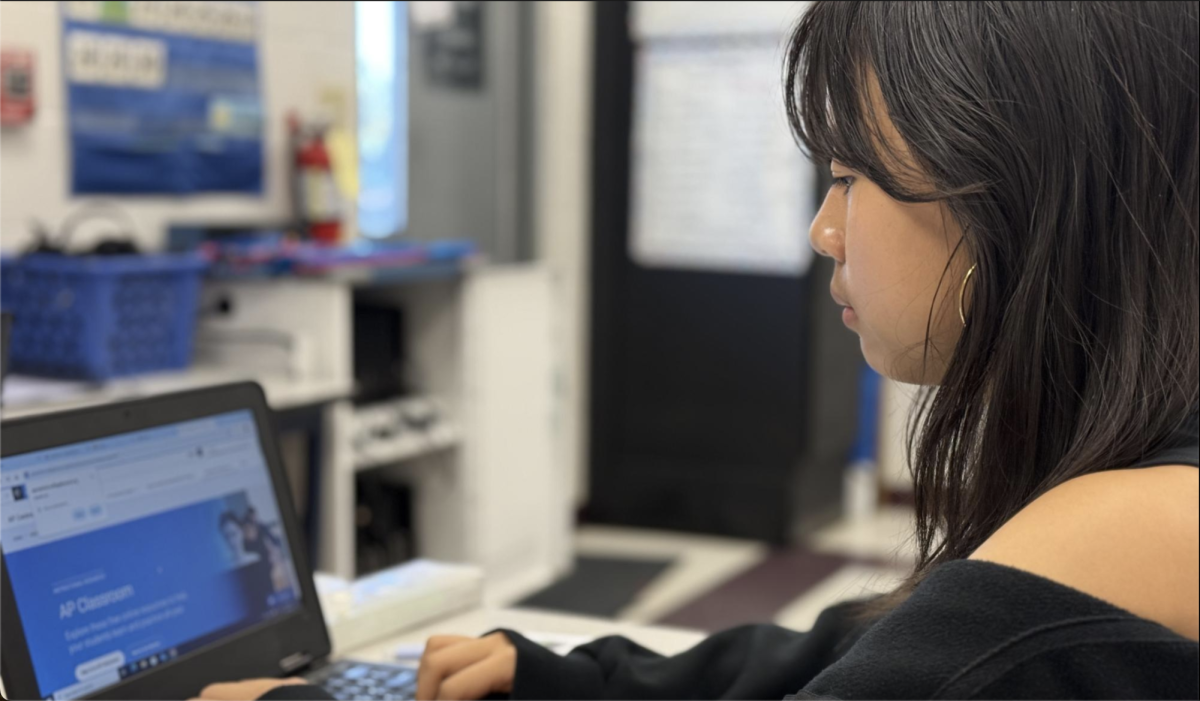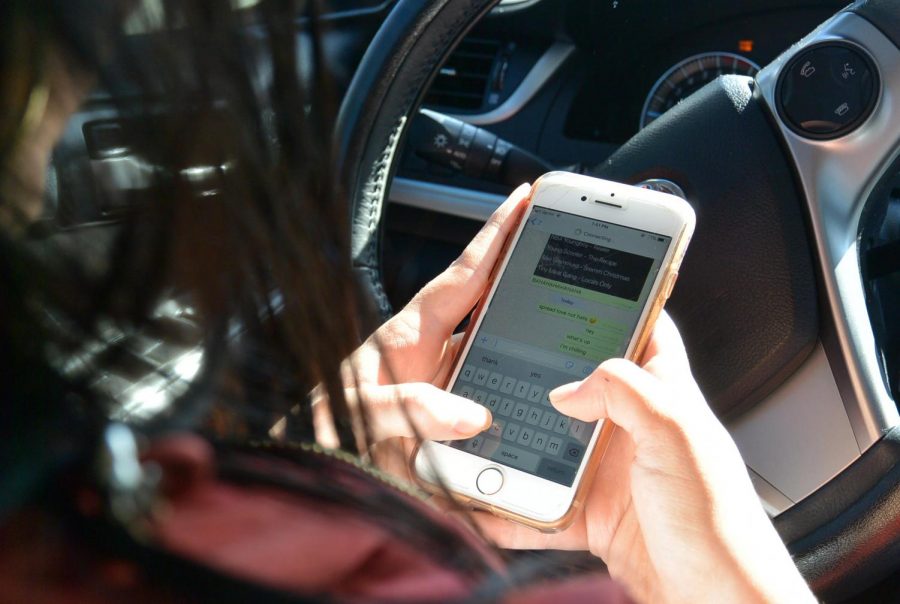Proposed legislation would curtail cellphone use in cars
January 17, 2019
Gen Z has grown up closely alongside technology like no other generation has before. It is unusual to fine today’s teens and young adults without a cellphone within reach.
In recent years, use of such handheld devices while driving has become a hot topic of debate among lawmakers. According to the National Highway Traffic Safety Administration, 11 teens die every day as a result of distracted driving. Additionally, just under 3,500 people were killed in distracted driving accidents in 2015, and another 391,000 were injured.
The Legislature took the initiative in 2013, enacting the Florida texting while driving law, prohibiting drivers from texting, but stipulated the law could be enforced only as a secondary offense. This means drivers can be charged with texting and driving only if they are pulled over for another infraction such as speeding. In addition, making phone calls while driving remained legal.
In an attempt to toughen restrictions on cell-phone use, lawmakers recently filed House Bill 45, dubbed the “Hands-Free Florida Law,” which, if passed, will make the use of handheld devices while driving a primary offense.
“It will be a reason to stop [drivers],” Student Resource Officer Valerie Butler said. “The first offense will be a non moving. The second or subsequent citation would be a moving violation which will increase the fine and possibly put points on your license.”
Issues already have arisen for junior James Wood, who does not have hands-free capability in his vehicle.
“I feel like this law discriminates against people who do not have the money to buy cars that have Bluetooth in them,” Wood said. “Or other things
that have the hands-free capability because of their higher price. A lot of people do not have the means to afford that.”
In contrast, Senior Jacob Kent places more importance on the bill’s push for safety and cost efficiency.
“Many accidents are caused by distracted driving,” Kent said. “I think that if this is executed correctly, it has the potential to save many lives and a lot of money in vehicle damage. Whether or not your car has Bluetooth, it doesn’t detract from how dangerous using your phone is.”
The passing of the bill may lead to
changes on and off campus. According to Officer Butler, the influx of citations as a result of this bill may call for the need of a traffic “squad” that will position themselves around the school to ensure no one is breaking the law. The law will also permit cell-phones for use of navigational services, an exception that Butler says will make it difficult in citing offenders who may attempt to fake their usage of GPS to avoid fines.
“It’s a good idea in thought but it wouldn’t work the way we want it to,” sophomore Christian Lutz said. “Everyone uses their phones while they drive once in a while and of course it’s dangerous but who’s going to be able to enforce that 24/7?”
The bill, filed by Rep. Emily Slosberg, considered one of the Legislature’s most-outspoken members on highway-safety issues, will go through the Senate and House in the legislative session in March. If it succeeds, Florida will join 16 other states that have banned the use of handheld devices while driving.


![Sophomore Isabelle Gaudry walks through the metal detector, monitored by School Resource Officer Valerie Butler, on Aug. 13. “I think [the students have] been adjusting really well," Butler said. "We've had no issues, no snafus. Everything's been running smoothly, and we've been getting kids to class on time.”](https://westshoreroar.com/wp-content/uploads/2025/08/IMG_9979-1200x800.jpg)














































